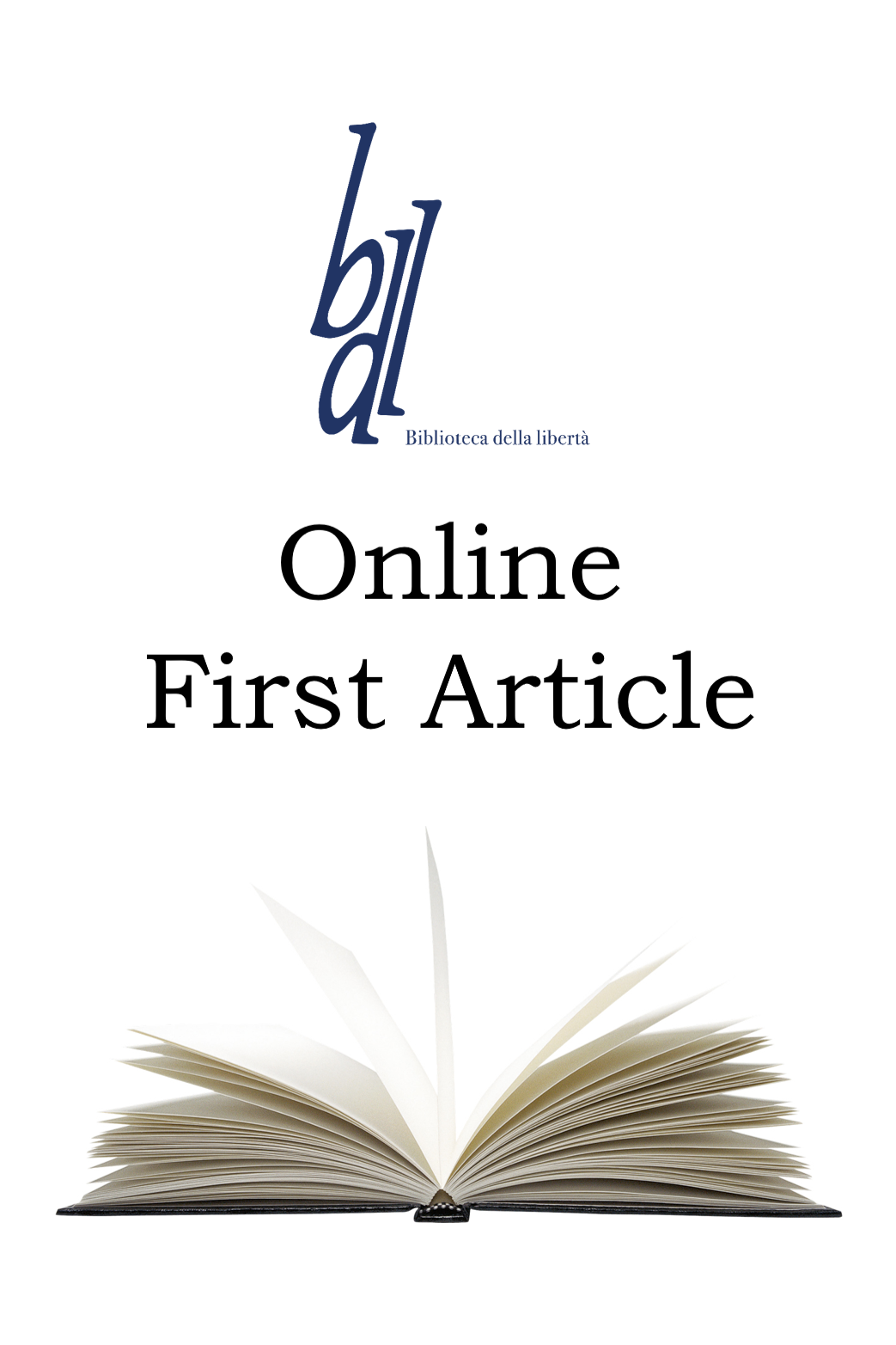- Ricerche e Progetti
- Biblioteca della Libertà
- Pubblicazioni e Working Paper
- Articoli e media
- Eventi e notizie
All issues
Immigrant Care Workers and the Invisible Welfare: Why the Social Order Depends on Alien Labour
Anno LV, n. 229, settembre-dicembre 2020
- Categoria/Category
- Anno LV, n. 229, settembre-dicembre 2020
- Autore/Author
- Maurizio Ambrosini
- Editore/Publisher
- Centro Einaudi
- DOI
- 10.23827/BDL_2020_3_5
- Luogo/City
- Torino
- Articolo completo/Full text
- 05-BDL229_Ambrosini.pdf
Abstract
Elderly care is a fundamental societal challenge in developed countries, as the progress of health care has prolonged human life, and care systems have to be adapted to assure suitable assistance for frail elderly persons. The Italian welfare regime has responded to the challenge of a growing demand for elderly care without changing its main features (i.e., the central role of households and domesticity), but incorporating immigrant women as care workers in domestic settings. Here a ‘triangle of care’ is established, involving frail old people, relatives as ‘care managers’ and immigrant ‘careworkers’. As these immigrants at the beginning very often were irregular from a legal point of view, Italian families have played a crucial role in regularization campaigns for unauthorized immigrants. The recent amnesty (2020) confirmed this trend. The article highlights the importance of immigrant labour for Italian (and Southern European) society and families. This issue could not be more evident than in the case of assistance to the elderly: here the beneficiaries are not conventional employers eager for profit, but traditional families with care needs. The effort to improve the working and living conditions of immigrant workers, however, should not be dismissed. In the conclusions, the article develops some proposals to improve this aspect.







